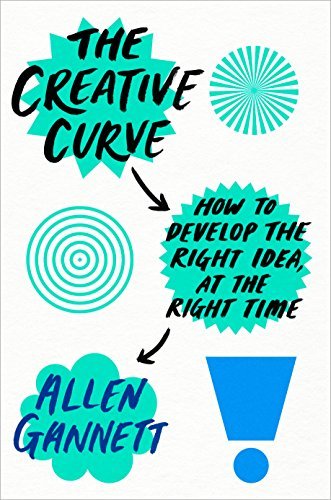With the Gladiators returning to the BBC earlier this month, the team at The PHA Group did a deep dive into how social media has allowed the show to take on a new form. Here’s what they had to say.
Mike Chivers, Creative Director
The success of the 90s Gladiators reboot is multi-faceted. Beyond nostalgia, technological updates, and the power of social media enabling fans to engage in discussions, share enthusiasm, and build communities around this revived series, the show’s producers also had the chance to modernise its format and storylines. This approach allowed contemporary issues to be addressed, broadening the show’s appeal to a more diverse audience. A successful reboot strikes a balance between honouring the original essence of the show’s format and adapting to current norms. For Gladiators, the BBC didn’t shy away from adjusting. While a glowing critique was shared by most, with even Ulrika eventually giving it her blessing, some criticized the changes, viewing the reboot as having received a ‘woke’ makeover.
Notably, the famously skimpy outfits and cheerleaders were ousted, signalling a departure from the past. But can the success of Gladiators be attributed to more of an exact creative science? Alan Gannett’s Creative Curve theory adds perspective, suggesting creative success balances familiarity and novelty, emphasizing the importance of finding the ‘creative sweet spot’ for broad appeal. Familiar elements like the iconic theme tune and the eerily lookalike arena filled with foam-fingered fans provide comfort, while novel additions like a more inclusive cast and new presenters add freshness. In essence, creators, like the producers of this particular ’90s reboot, must balance the known and the new, preventing predictability while ensuring innovation. The Creative Curve theory encourages mindful interplay, a delicate relationship that not only captures the audience’s attention but also ensures the show remains accessible and interesting in the contemporary landscape.
Suzanne Haysler, Director of Consumer
The media campaign leaned heavily into recreating the ’90s heyday of Gladiators, reminding the key 25-40 demographic of their love for the over-the-top characters and the must-see nature of the original series. Early promotions emphasised the scale and spectacle of the events and teased the introduction of the new games and competitors, intriguing viewers about how their favourite show would be reimagined. This resulted in viral throwback social media memes among millennials celebrating Gladiators most epic moments.
Further amplifying nostalgia, the PR team also arranged a TV appearance with the original host Ulrika Jonsson on ITV’s Lorraine. Meanwhile, fresh faces like new Gladiators Giant and Legend were also interviewed, generating buzz around the reboot among potential new viewers. Ultimately, the new season of Gladiators has been a huge success so far, because it amplified the core reasons people loved the show originally — high energy competition and extreme personalities — without simply remaking the same thing within the modern media landscape.
Hayley Jones, Director of Social
Since Gladiators last took over our television screens, the social media landscape has evolved significantly. Back when the iconic show first aired, audiences relied heavily on television advertising to keep up with the latest shows. Now with the likes of TikTok carving the path of discovery on social, audiences are exposed to a whole breadth of content at the swipe of a hand. From exclusive behind-the-scenes footage, athlete profiles, show snippets and more, the BBC can entice their audience with a variety of bite-sized social content. Additionally, fan-based content such as jumping on trends, sharing reviews and throwback-style content has further fuelled the fire leading to Gladiators’ high viewership this time around.
All social platforms have transformed into virtual fan hubs, where audiences engage in passionate discussions while sharing their excitement, memories and opinions on the reboot. Moreover, hashtags related to the show have trended, creating a sense of community among viewers who eagerly anticipate each episode. This social media takeover has not only helped expand its viewership, but has re-catapulted the show into the limelight, capturing the hearts of both loyal fans and a new generation of viewers.
The Gladiators themselves, although extremely popular in their iconic roles as Wolf, Jet and Rhino to name a few, were only confined to the TV screen. Now, the new class of athletes interact with fans directly through social media. This personalised engagement adds a new dimension to the viewer experience, harbouring a deeper connection between the audience and the show. Fans not only relive the nostalgia, but actively contribute to the conversation surrounding the Gladiators reboot.
As more and more people seek light relief and wholesome content on social, this reboot has made a timely entrance to reignite the noughties fandom. We expect to see many more classics making a triumphant return to the small screen, while using social media to drive interaction.
Featured image: 2024 Gladiators on BBC / gladiatorstv Instagram
























